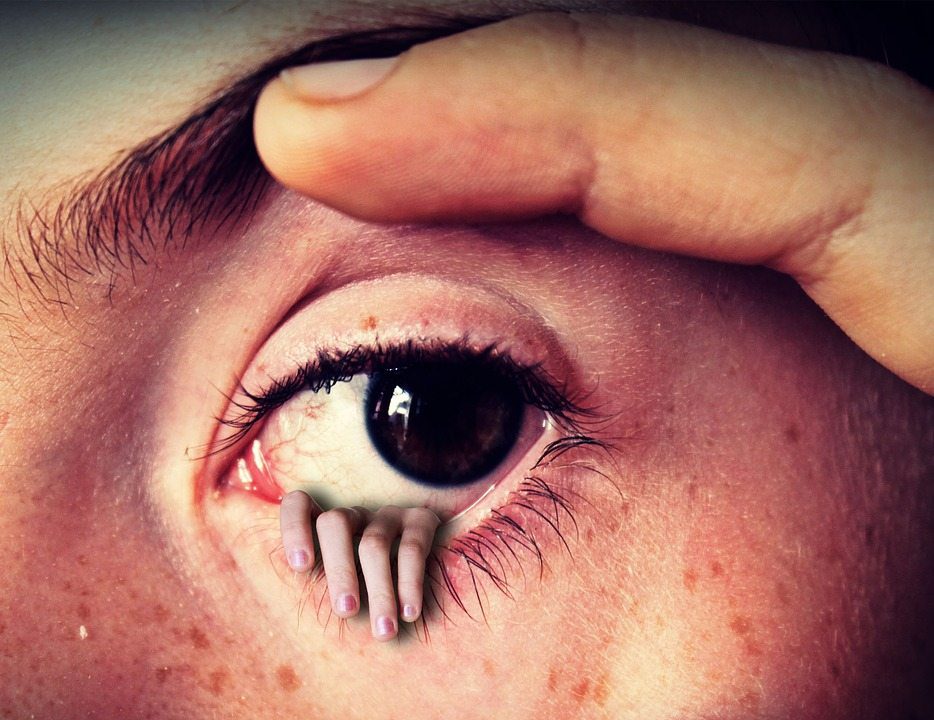[dropcap style=”font-size:100px; color:#992211;”]M[/dropcap]emory greatly depends on the emotions. Intense emotions imprint deeply.
This is how the brain works, especially its limbic part. It is the powerful emotions that it remembers best. The mammalian part of our brain, symbolised in this series of essays by the rabbit, is not very smart. The bunny is slow to think, but what greatly impresses him, he bears in mind for a long time. But just don’t frighten him too much. Excessively “hard” information is automatically filtered out via a built-in emotional firewall.
The bunny’s life itself is full of frightening experiences, he has a special gland – the amygdala (quite a small almond-shaped organ which is concerned with fear and plays a vital role in the brain) – which, every second, traces everything around and assesses the environment for anything threatening. At the slightest suspicion that there is possible danger somewhere, all his (our) attention goes there. All the creators of media content know well how to use it. Almost every movie and the majority of TV programs begin with violence and develop the threat, imaginary or real. Tremble, hare, do not go to sleep, follow the plot thoughtfully!
So what has to come from the screen to interest all these animals still vestigal in our neorological core? Bloody meat for the “crocodile”, emotional cream for the “bunny” and, well, a scandalous concentrate and little bit of mashed cute-sweet banana for the “monkey”.
In general, the ancient crocodile brain is the simplest. That is why it works much more efficiently. According to the theory of a European psychologist Clotaire Rapaille “the Reptile always wins”. He argues that the most important decisions are made below the level of consciousness and emotions, at the level of the primitive reptilian instincts. Especially in crisis situations.
But practicing the methods of crocodile-training too much is also undesirable. People do not like to be considered and treated as if they are stupid and primitive.
In fact we are not just our heads. We respond to on-screen events not only in brain processes; the whole body actively involves itself. Therefore movies’ effects have both a psychological and physiological impact.
For this we use the term “Visceral Viewing.” The word “visceral” relates to the internal organs – stomach, intestines, liver, spleen and other anatomical details.
We screenwriters can hold sway over those too.
Image: Pixabay/Solomon_Barroa




















